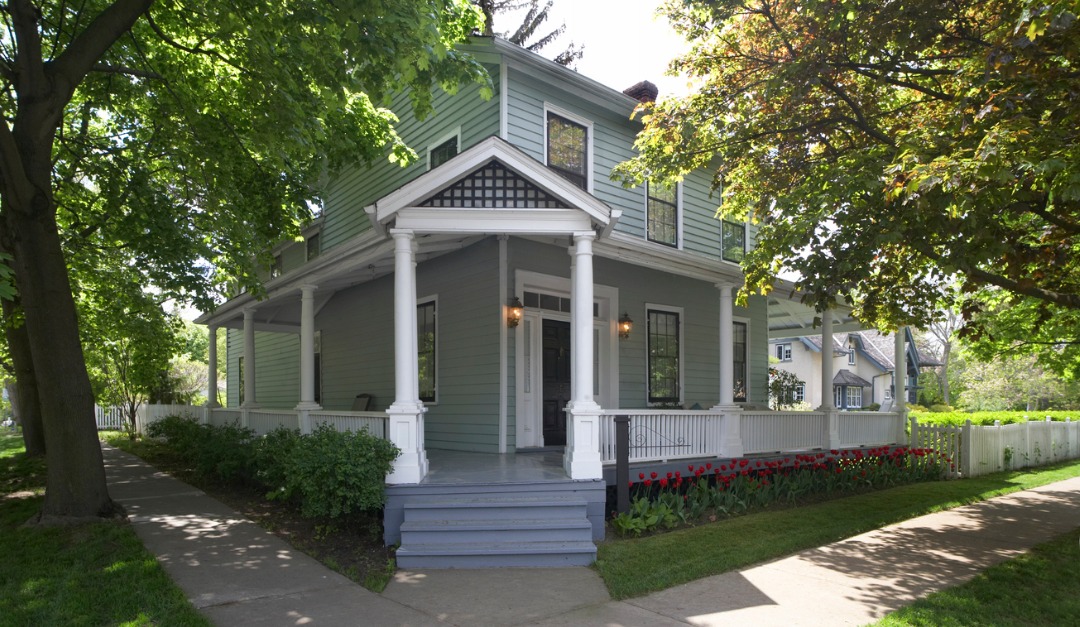Location is extremely important when it comes to real estate. In addition to choosing the right city, you need to think about the location of a house within a neighborhood. A home on a corner lot has several potential pros and cons.
- Size
Corner lots are generally larger than other lots in the same neighborhood. That means more room to entertain guests and for your kids to play, as well as more space for a pool or garden. It also means more landscaping and more fencing to maintain, which can be expensive and time-consuming.
Since corner lots tend to be larger than average, houses built in those locations often have different floorplans and yard configurations than others in the neighborhood. A house could have larger rooms, the garage could be in a different place or the front yard could be bigger than the back.
- Noise
On a corner lot, you might have significantly less noise from your neighbors than you would if you were sandwiched between two homes. On the other hand, your house would be located along two streets. In a busy neighborhood, noise could be a problem.
- Foot Traffic
Pedestrians walking in a neighborhood often cut across lawns in corner lots to save time. School districts frequently assign corners as bus stops. People walking and standing on your lawn may tear up the grass and leave trash. Dogs that are being walked on a sidewalk often veer off to a yard on a corner.
- Light
Having fewer neighbors means your home would have more natural light. Neighborhood light poles are usually placed on corners and headlights from cars turning the corner could point directly at your house. Depending on the layout of the house, light at night might interfere with your sleep.
- Parking
If you invite groups of guests over and your house doesn’t have a large driveway, people will have to park on the street. With a house on a corner lot, guests could park on two adjacent streets, rather than trying to fit all their cars on one road.
- Other Downsides
Since corner lots border two streets and may have sidewalks on both sides, they may be assessed more for property taxes than houses located between two other properties.
If residents are responsible for shoveling sidewalks in front of their property after a snowstorm, you’ll have a lot more work than your neighbors, both because of the length of the sidewalk and because plows often push snow onto corners.
Burglars often target homes on corner lots since there are fewer neighbors and since it’s easier to get away with streets on two sides.
Is a House on a Corner Right for You?
A property on a corner lot has many potential pros and cons. Depending on a specific house you’re considering and your preferences, some of these may be a big deal and others may be of little or no importance. Before you buy a house, discuss these issues with your real estate agent.











